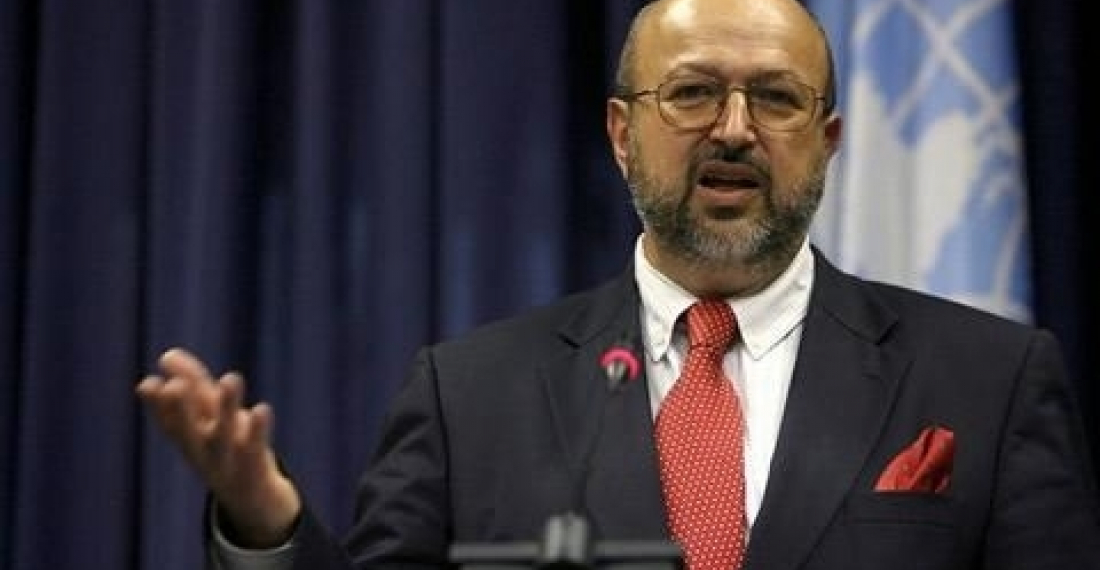The newly elected secretary-general of the Organization for Security and Cooperation in Europe (OSCE) Lamberto Zannier said in an interview with Today's Zaman on Tuesday that Turkey could play an important role in the decades-long conflict in the disputed area of Nagorno-Karabakh.
Lamberto Zannier said: "Turkey is an important player in the region. It has a political contribution to offer." "I am stating a fact -- it [progress] is not happening. Something is missing," said Zannier. According to Zannier, Turkey's involvement need not be an official one. "I am not talking about a formal role in the negotiations, but in real terms. Turkey is bordering both countries involved in the conflict," he said.
Zannier, emphasizing the importance of dialogue in solving any conflict, ventured, "My very personal view is that Turkey needs to create conditions to promote dialogue on both sides."
But how Turkey goes about this specifically is "Turkey's call," Zannier added. "I am not saying we have a monopoly, but why shouldn't it be the OSCE? It is a regional organization that deals with
security issues. There is a debate that we should move the issues somewhere else but I am not convinced that moving it elsewhere would solve the problem. There is nothing wrong with the organization
dealing with the problem. The problem is the substance of the issue," he said in response to criticisms of the OSCE's handling of the conflict.
While the OSCE is doing the best it can, Zannier said it is up to the parties involved in the conflict to step up to the plate. Zannier stressed there must be political will on behalf of the parties to end the historic conflict. "What I said this morning was there is a lot of focus on the mechanism, but there is also an issue of whether the parties are ready to make a deal," he said.
While Zannier said that the mechanism could perhaps be improved, he also emphasized that in the end the power lies with the member countries. "You can lead a horse to water but you cannot force the
horse to drink. It is a bit the same. We are trying to create the necessary conditions in the meantime. We are trying to manage the situation on the ground, but the situation becomes problematic in security terms," he said.
The next step, according to the OSCE secretary general, is ensuring the problem does not escalate further. "[In general,] if we cannot line up all of the conditions and solve the conflict, then the next
best thing we can do is manage the problem so it does not grow worse. So that is our next step. It is up to everyone to keep making efforts from different angles," he stressed.
OSCE Secretary General sees no progress in Karabakh peace process
OSCE Secretary General sees no progress in Karabakh peace process







